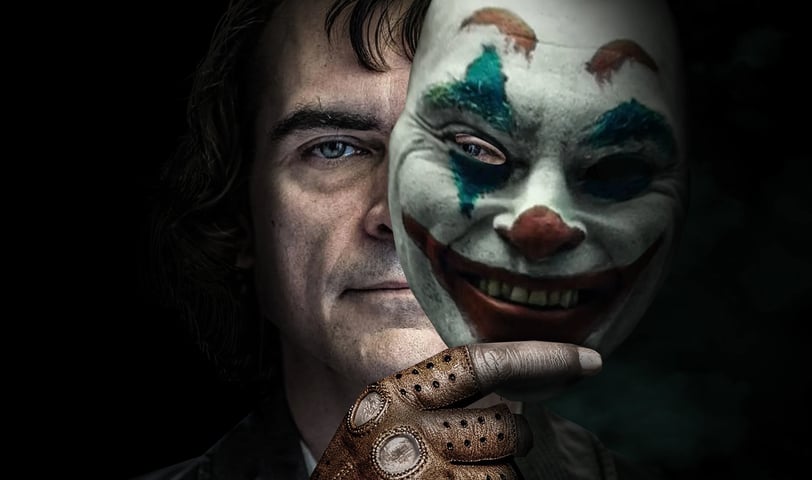Why Modern Villains Feel More Relatable Than Heroes: The Rise of the Flawed Human
Explore why today’s villains resonate with us more than heroes. Discover the human flaws, emotional depth, and relatable struggles that make them unforgettable.
ENTERTAINMENT INSIGHTS
Deepita
5/2/20252 min read


In a world constantly torn between good and evil, light and shadow, one surprising shift has emerged in modern storytelling:
We’re no longer rooting for the hero.
We’re empathizing with the villain.
Not because we support their actions—but because we understand their pain. Their rage. Their story.
And, in many ways, we see ourselves in them.
Flaws That Feel Familiar
Let’s be real—life is messy.
We’ve all had moments we wish we could undo.
Times we said the wrong thing, hurt someone unintentionally, or let our emotions get the better of us.
Villains?
They own that mess.
Unlike the spotless, always-noble heroes, villains stumble—just like we do.
They react out of fear, lash out when they’re hurt, and make decisions they can't always take back.
In a world where everyone’s curating their “perfect” life on social media, we crave something real.
Not polished. Not performative. Just raw truth.
That’s why villains resonate.
They don’t hide their flaws—they wear them like armor.
They remind us that being human means being imperfect… and that’s okay.
Backstories That Break Your Heart
Gone are the days of one-dimensional villains with evil laughs and vague motives.
Now, we get to know them.
We see the pain that shaped them, the betrayal that scarred them, the loneliness that hardened them.
Think:
Killmonger (Black Panther) – a child of injustice.
Joker (Joker, 2019) – a man swallowed by society’s apathy.
Wanda Maximoff (WandaVision) – a grieving soul desperate to rewrite her loss.
These aren't just antagonists. They're survivors of their own tragedies.
Let’s face it—traditional heroes can feel… distant. Untouchable.
They always do the right thing. Say the right words. Win the final battle.
But in real life, nobody is perfect. We all mess up. We fall apart.
So, when we see villains embracing their chaos—even destructively—it hits different. It feels honest.
And sometimes, that honesty is more comforting than heroism.
Because Sometimes, We Are the Villain
Ever had a moment where you made a bad choice? Said something you regret?
Felt like the worst version of yourself?
We all have.
In those moments, we don’t feel like the hero.
We feel like the villain.
That’s why these characters resonate.
They remind us it’s okay to be flawed. To be hurt. To not always be “good.”
The world isn’t black and white anymore—and neither are our stories.
Villains teach us:
That pain can turn to poison.
That strength can be born from struggle.
That even in darkness, there’s a glimmer of humanity.
Maybe the real story isn’t good vs evil.
Maybe it’s understanding vs judgment.
Healing vs hiding.
We Just Want to Be Understood
Falling for villains isn’t about glorifying their wrongs.
It’s about recognizing the human beneath the monster.
In their chaos, we see our confusion.
In their rage, our repressed emotions.
In their downfall, our fears.
And in their story… we find a strange kind of hope.
So, the next time you find yourself sympathizing with the “bad guy,” ask yourself:
Are they really evil?
Or are they just… misunderstood?
Maybe, just maybe, we don’t want a hero to save us.
We want someone who’s been through the fire—just like us—and still dares to rise.
